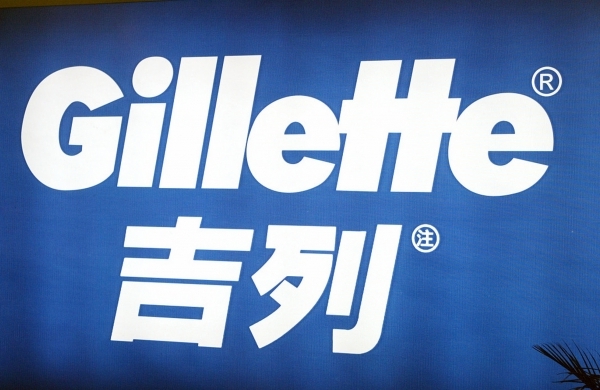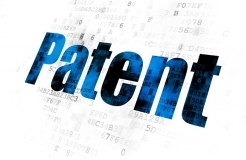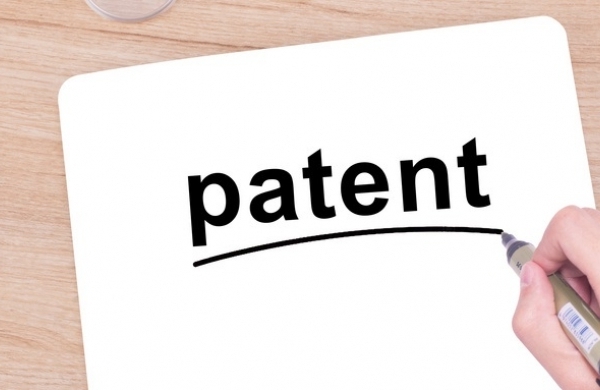Did not receive verification mail? Please confirm whether the mailbox is correct or not Re send mail

IPR Daily
- 2023-10-08 16:51:54
Exclusive: LG Electronics Sues Vivo in India in 4G, 5G SEP Spat
LG Electronics has sued Vivo before the Delhi High Court over five of its standard essential patents related to 4G and 5G technologies. LG initially sought to resolve the dispute through mediation but has now resorted to litigation following 50 unsuccessful hearings.
The Korean electronics giant filed a claim before the Delhi High Court in September, seeking a permanent injunction in respect of its five registered patents, which it claims are all SEPs and read on the 3GPP standard.
Vivo’s counsel objected to the claim, saying it contained disclosure of discussions from the mediation procedures. Following a hybrid hearing on 26 September, the court ordered that LG Electronics file a fresh request for injunction, removing any details relating to the mediation.
During that same hearing, IAM understands that the question of whether mediation is effective in resolving patent disputes was raised, with each side of the suit having opposing views.
India’s pre-litigation mediation process, which was first introduced as part of an amendment to the country’s Commercial Courts Act in 2018, requires companies to seek an “amicable” resolution to their dispute, unless the claimant has sought an urgent injunction. Parties can seek mediation before a variety of different venues, including the Delhi High Court Mediation and Conciliation Centre – where LG and Vivo’s case was heard – and the Bombay High Court Mediation Centre.
There is an overall growing trend of alternative dispute resolution in India, especially due to parties’ increasing dissatisfaction with the lengthy, expensive multi-jurisdictional litigation that accompanies many SEP licensing disputes. Pravin Anand, who is counsel to LG Electronics in its dispute with Vivo, wrote that more and more SEP owners have started to approach the Delhi High Court Mediation Centre to negotiate – and it is foreign corporations that have invoked this mechanism with great success, including against unwilling licensees in India. He wrote:
As a result, some major telecoms companies have leveraged the mediation process to issue licences to such entities on a significant scale. These deals are a testament to the fact that pre-litigation mediation exerts the required pressure that is clearly lacking in routine commercial settings.
But, without the option for immediate relief in the form of injunctions, it can be a less attractive option for patentees.
The Delhi High Court does have the power to appoint a mediator, or panel of mediators, to settle the dispute if it finds the case is not as urgent, but this is rarely done, while the effectiveness of mediation as a general means to end disputes is in doubt.
During the Delhi High Court Mediation and Conciliation Centre’s annual mediation conference in April, Justice Satish Chandra Sharma was quoted saying that the “scope of mediation is expanding” and even the most “complex of matters are falling within its domain”, but “the success rate is low”.
How the court responds to LG’s case against Vivo has the potential to further cement the impression that India is a favourable litigation venue for SEP disputes.
It joins other high-profile cases being heard by Indian courts. In February, Nokia requested that Oppo enter into a process of binding arbitration over the terms of a cross-licence to their 2G-5G patent portfolios during proceedings at the Delhi High Court.
In August, India’s Supreme Court upheld a Delhi High Court pro-tem order, instructing Oppo to pay a security deposit equal to 23% of its 2018 patent licence agreement with Nokia – the same percentage of the company’s global sales in India.
That case, which is part of a wider ongoing global SEP dispute, is currently being mirrored by a separate SEP infringement lawsuit between the Finnish company and Vivo, which also features proceedings before the Delhi High Court.
LG Electronics and Vivo did not respond to requests for comment by publication time. A hearing to discuss the constitution of the parties’ confidentiality club is scheduled to take place on 1 November.
Source: IAM-Olivia Rafferty
Editor: IPR Daily-Horace
- I also said the two sentence
- Also you can enter 140words
 Chang Tsi Secures Victory for Gillette in Trade Dress Protection Lawsuit
Chang Tsi Secures Victory for Gillette in Trade Dress Protection Lawsuit Government Signals Potential Shift Toward Preliminary Injunctions in Patent Infringement Cases
Government Signals Potential Shift Toward Preliminary Injunctions in Patent Infringement Cases District Court Issues AI Fair Use Decision: Using Copyrighted Works To Train AI Models Is Fair Use, but Using “Pirated” Copies To Build a Central Library Is Not
District Court Issues AI Fair Use Decision: Using Copyrighted Works To Train AI Models Is Fair Use, but Using “Pirated” Copies To Build a Central Library Is Not Patent Case Summaries | Week Ending June 13, 2025
Patent Case Summaries | Week Ending June 13, 2025


